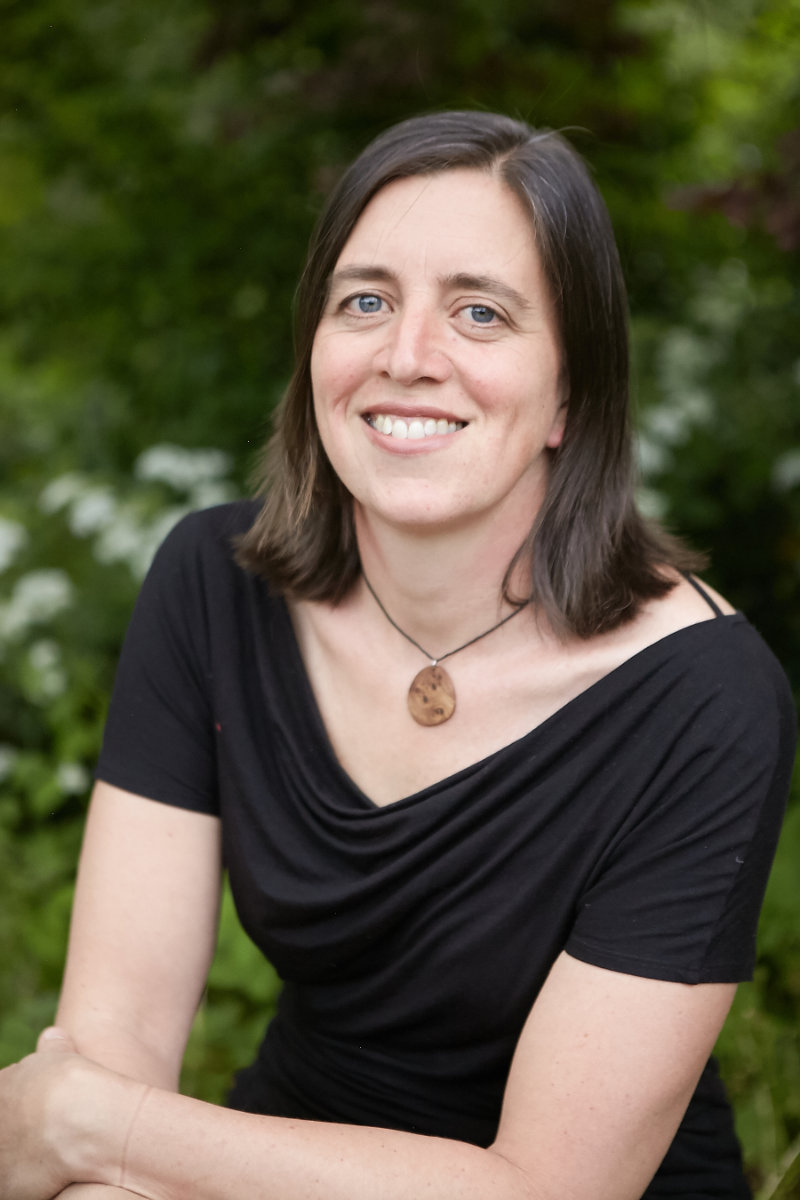Rebecca Willis is a Professor in Energy & Climate Governance at Lancaster Environment Centre, where she leads the Climate Citizens research group. She is an Expert Adviser to the Climate Change Committee, Innovate UK’s Net Zero Living Initiative and the National Lottery’s Climate Action Fund. In 2020 she was an Expert Lead for Climate Assembly UK, the Citizens’ Assembly established by the UK Parliament. She features on the Woman’s Hour Our Planet Power List which highlights 30 women making an impact by helping to protect our planet. Her book, Too Hot To Handle? The democratic challenge of climate change was published by Bristol University Press in March 2020.
Previously, she was a research fellow for the IGov project at the University of Exeter, investigating energy governance. From 2015-2019 she was a member of the Scientific Advisory Committee of UKRI’s Energy Programme, and from 2011-15 she was a Council Member of the Natural Environment Research Council. She was Vice-Chair of the UK Sustainable Development Commission, advising the Prime Minister and First Ministers of the devolved administrations, from 2004-2011. In 2009 Rebecca founded Green Alliance’s Climate Leadership Programme, an initiative to support Members of the UK Parliament, and earlier served as Green Alliance’s Director.

